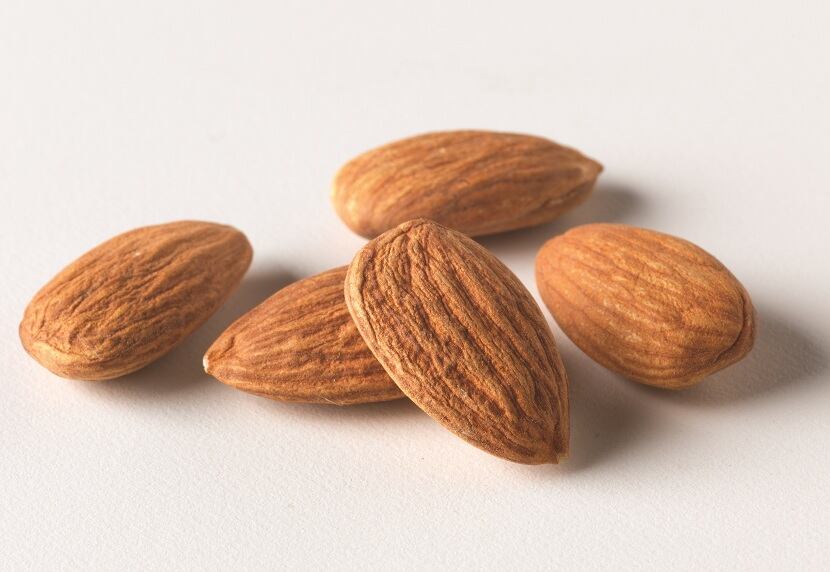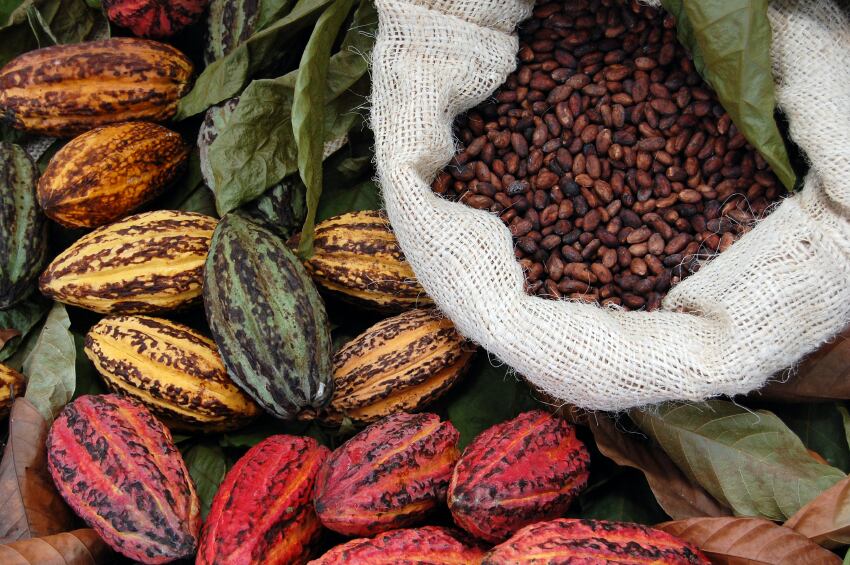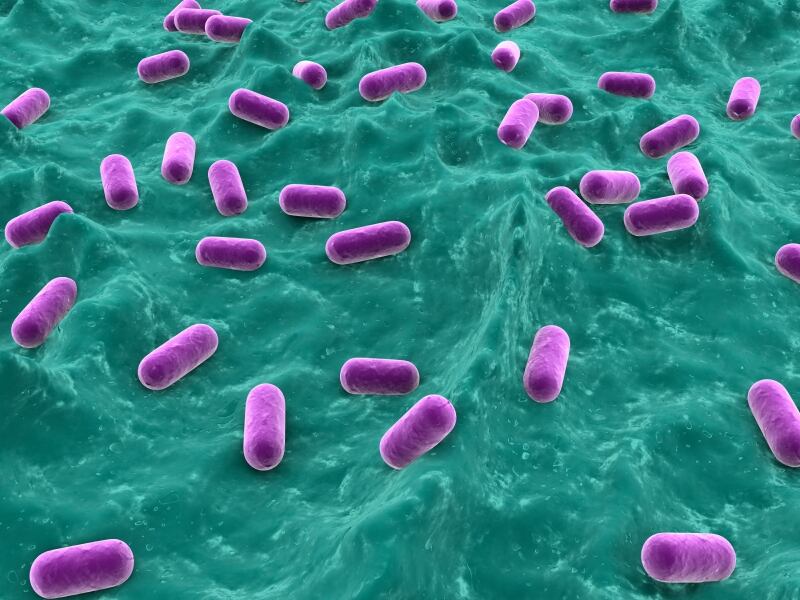The heart health category is dominated by ingredients such as phytosterols, omega-3s, beta-glucan, and soy protein, according to Frost and Sullivan.
It has taken years to build the solid clinical basis for these ingredients and their ability to support heart health, said Russ Hazen, raw materials and ingredient specialist, Fortitech, Inc, and, as such, “it will be difficult for any ‘new’ ingredient to challenge these well-established ingredients”.
Indeed, for sterols and stanols, numerous clinical trials support the efficacy of a daily dose of 1.5 to 3 grams of phytosterols/-stanols from foods to reduce total cholesterol levels by 8-17%.
For omega-3s, the heart health benefits of fish oil date back to the early 1970s and the landmark publications of Dr Jorn Dyerberg and his co-workers in The Lancet and The American Journal of Clinical Nutrition.
Novelties
“While these established ingredients will likely remain key players in the landscape, new products will always continue to drive the need for new ingredients,” said Hazen.
“New ingredients may be based on familiar ingredients that have had some form of added processing that enables them to be used in new ways, like creating new forms that are more water soluble for use in instant beverages, or with better heat or pH stability for ready to drink functional beverages, or they may be new discoveries.
“Many foods were believed to be healthy long before the scientific evidence caught up with the experiential evidence and demonstrated the compounds specifically responsible.”
Indeed, Hazen noted that familiar food ingredients such as piperine, curcumin, lycopene, and resveratrol have all been demonstrated to contribute to healthy blood pressure and overall heart health.
“These discoveries will continue, and we may find that we are already familiar with many of the ingredients that will emerge to help address heart health concerns.”
Boomers and beyond
The category remains robust, said Hazen, and this can be attributed to the fact that the boomer demographic is currently the largest consumer demographic throughout the world.
“This is a group of people that embrace the concept of healthy aging, and understand that they need to do things to address specific aspects of their health to maintain their overall wellness.”

While boomers continue to dominate the market for heart healthy products, there are more demographics being attracted to the cardiovascular space: “There is a growing body of research suggests that the roots of CVD may take effect during childhood,” he said.
“In addition to boomers and the elderly developing potential health issues surrounding their heart through the process of aging, the growing obesity epidemic in young populations and its attendant health risks for developing type-2 diabetes, hypertension and CVD at an earlier age creates an opportunity to develop novel fortified food products targeted to healthier foods for babies and tweens.”
Nuts!
Other ingredients that are attracting interest from the food industry include nuts, with walnuts and almonds in particular being linked to heart health.

A review by Amy Griel and Penny Kris-Etherton from The Pennsylvania State University published in the British Journal of Nutrition (2006, Vol. 96, Supplement S2, pp S68-78) concluded: “Because of their unique nutrient profile, nuts can be part of a diet that features multiple heart-healthy foods resulting in a cholesterol lowering response that surpasses that of cholesterol-lowering diets typically used to reduce CVD risk.”
Another review in the same issue of the BJN (Vol. 96, Supplement S2, pp S61-S67) by John Kelly Jr and Joan Sabaté from Loma Linda University in California examined the epidemiological data for nut consumption and coronary heart disease.
“The epidemiological evidence could hardly be stronger in identifying a cardio-protective effect for nut consumption,” they wrote.
“Collectively, the epidemiological data indicates nuts may be one of the most cardio-protective whole foods commonly eaten. Coronary heart disease remains the leading cause of death worldwide. Increased frequency of nut consumption can substantially decrease CHD mortality.
“The average reduction in risk of CHD death is 8.3% for each serving of nuts consumed weekly (about 30 grams). Simply eating more nuts could save many lives,” they concluded.
Cocoa flavanols

With confectionery giants like Mars, Nestlé and Hershey putting considerable R&D spend into the topic, it is no wonder that the potential heart health benefits from flavanols from cocoa are generating interest.
According to Mars, the benefits of cocoa bean revolve around the flavanols (also known as flavan-3-ols or catechins), and particularly the monomeric flavanol (-)epicatechin.
Pooling much of the recent data up to 2007, a meta-analysis by researchers from the University Hospital of Cologne found that consumption of cocoa had significant positive effects on blood pressure.
Writing in the Archives of Internal Medicine (2007, Vol. 167, pp. 626-634), the Cologne-based scientists: “The magnitude of the hypotensive effects of cocoa is clinically noteworthy; it is in the range that is usually achieved with monotherapy of beta-blockers or antiotensin-converting enzyme inhibitors.”
Probiotics
A recent exciting entry to the market is Micropharma’s cholesterol-lowering Lactobacillus reuteri NCIMB 30242 ingredient.

The ingredient has been in development for ten years, and has two clinical trials to support its benefits (British Journal of Nutrition, 2012, Vol. 107, pp. 1505-1513; European Journal of Clinical Nutrition, 2012, Vol. 66, pp. 1234-1241). The Canadian company has not escaped the attention of multinationals: Groupe Danone owns 22%.
Data from the latest trial to be published indicates that nine weeks of supplementation with L. reuteri NCIMB 30242 may reduce cholesterol levels by almost 12%.
“[L. reuteri NCIMB 30242] is a very different product than a plant sterol,” explained Ryan Jones, CEO of Micrpharma. “It is a probiotic that lowers cholesterol in two ways: by reducing the amount of cholesterol your body produces, and by reducing the amount absorbed from food.”
The ingredient is also available to food and supplement manufacturers to offer their own branded products, and Micropharma has a letter of no objection from the US Food & Drug Administration (FDA) for the GRAS (generally recognized as safe) status of the strain for use in food and beverages up to a dose of 10 billion CFUs (colony forming units) per serving.
